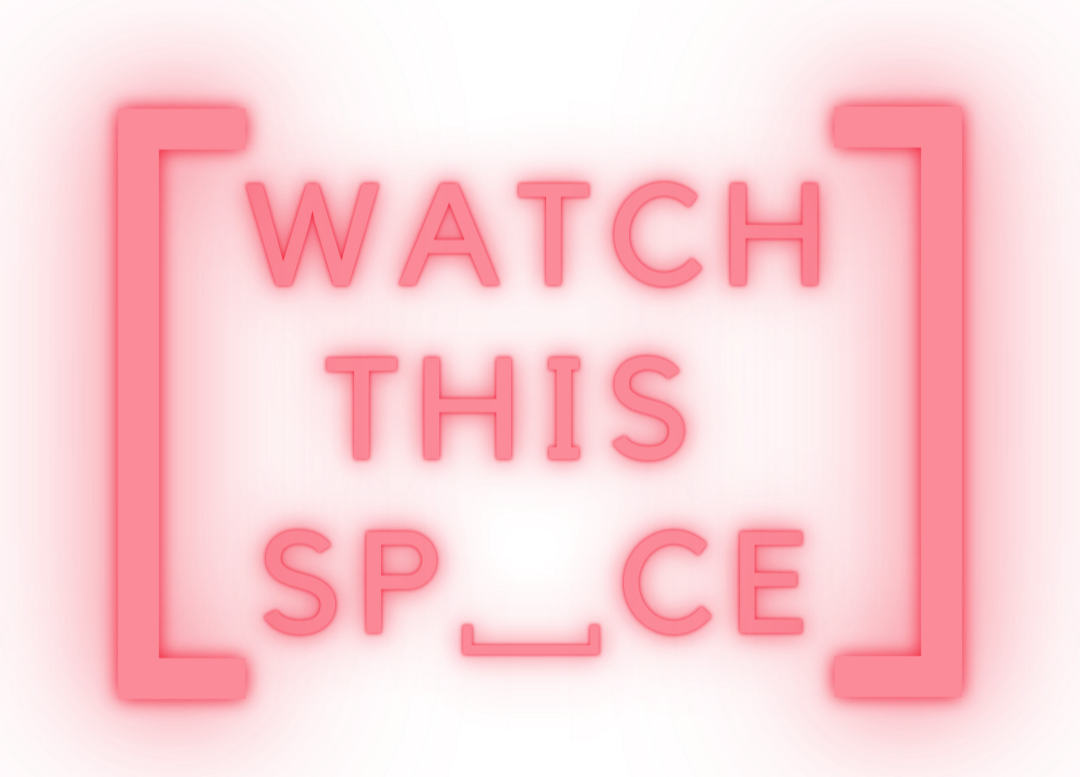Saying no is one of those things that comes easy to some people, and for others it’s the hardest thing ever. There are training courses to learn how to say no, and coaching programs to help people to learn this skill. Usually, this is focused around helping people to feel empowered to say no in situations where they can choose to. That’s all very well if you’re in a position where you can choose what you do. But what about people who don’t feel they have that choice? What about people who have to do the things they are told to do or risk losing their job? Do they have the power to say no?
Goldman Sachs hit the headlines recently for its culture of long working hours. Investment banking has a reputation for incredibly long working hours. David Solomons responded to complaints made by junior bankers that their hours were inhumane, by saying that they encourage their employees to speak up. If you look closely at his statement, he mostly talks about being pleased they are so busy:
“If we all go an extra mile for our client, even when we feel that we’re reaching our limit, it can really make a difference in our performance”
David Solomons, Goldman Sachs
Another banking company also hit the headlines, Citigroup’s new Chief Executive has announced that Fridays are going to be ‘zoom free’. She says the blurring of lines between work and home during the pandemic has taken its toll on people. She is encouraging staff to take more holidays.
And on a much smaller scale, we had this discussion recently at Watch This Sp_ce. With everyone working from home, and with so much to do, we realised we have not been scheduling proper breaks away from it all. It’s difficult to remember times when we have completely switched off over the last year. Something we have made a decision to resolve this month with holidays booked in for all of us.
Power dynamics

What these examples all illustrate is the power dynamics at play in being able to say no. We can all do training courses to learn how to empower ourselves to say no. In reality, though, there are limits on the extent of our powers to say no. It depends on whether we are in a senior role, or working for someone who will listen. Saying no is very empowering if you have the power to say so.
Think about someone working at Goldman Sachs, or any organisation where working long hours is deemed acceptable. If you decide to be the person to challenge that and say no, you might be risking your role at that place. You are likely to be risking your reputation, and you would be going against what your superiors and peers expect.
Then if you’re an employee at Citigroup, or somewhere that has a different approach, are you empowered to say no? If a zoom meeting drops into your diary for a Friday from someone senior, would you feel confident to say no?
And for us, at Watch This Sp_ce, and for many in small teams all around the country, that power to say no is only limited by ourselves. I know I think I’m invincible. I think I can do everything I set out to do. What that means is that I am constantly worn out from filling my diary with too many things. I have recently started trying hard to say no, and mean it, to give myself the time and space to do the things I really need to do.
Purpose
So how can we all have the power to say no? Well, for employees, it’s about finding the right place to work and the right team, where you feel comfortable doing that. It’s tricky though, as workplaces may present themselves differently to the reality of working life there.
If you are an employer, or a team leader, have a think about your team. Do you enable people to be able to say no? Do you contact them on their days off, or let them have a break? Do you overload people with meetings and tasks when they are already busy?
And for those working for themselves, think about your purpose. What is it you have set yourself out to do? And then measure everything you say yes and no to, against that. If the thing you’re saying yes to does not contribute to your overall goal and purpose, try saying no.
All of this takes practice, learning, and in some cases un-learning behaviours and patterns. We’re used to a culture of pleasing our employers by saying yes to things. We’re used to feeling the pressure of employers telling us how it is. And if it’s not an employer telling us that, we put that pressure on ourselves. It’s time to reimagine all of that. To think about the purpose of our work, and how we can empower ourselves to just say no.
If this is something you’re struggling with, talk to us about our coaching programs. We help leaders, individuals, and entrepreneurs to learn how to empower themselves to focus on their purpose. We’re working on it ourselves too!
Email hello@watchthisspace.uk
